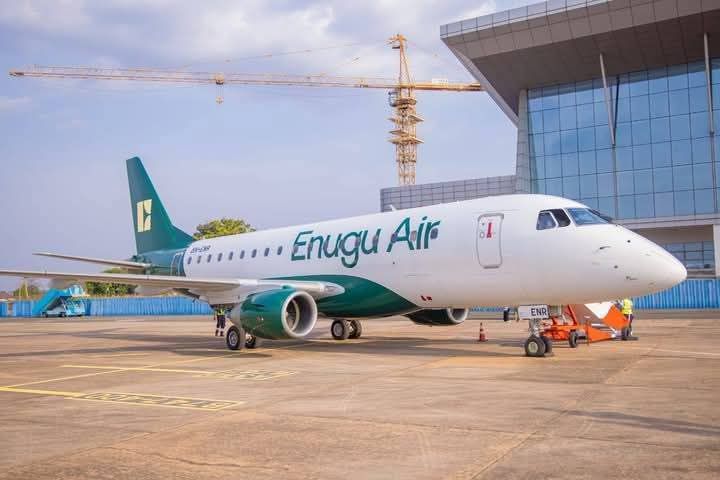Melvin onwubuke
The International Air Transport Association (IATA) has released data for January 2024 global air cargo markets indicating a strong start to 2024.
Total demand, measured in cargo tonne-kilometers (CTKs), increased by 18.4 per cent compared to January 2023 levels (19.8 per cent for international operations). This significant upturn marks the highest annual growth in cargo tonne-kilometers (CTKs) since the summer season of 2021.
IATA said capacity, measured in available cargo tonne-kilometres (ACTKs), was up 14.6 per cent compared to January 2023 (18.2% for international operations). This was largely related to the growth in belly capacity. International belly capacity rose 25.8 per cent year-on-year (YoY) on the strength of passenger markets.
Director General, IATA, Willie Walsh, said “Air cargo demand was up 18.4% year-on-year in January. This is a strong start to the year. In particular, the booming e-commerce sector is continuing to help air cargo demand to trend above growth in both trade and production since the last quarter of 2023. The counterweight to this good news is uncertainty over how China’s economic slowdown will unfold.
He added, “This will be on the minds of air cargo executives meeting in Hong Kong next week for the IATA World Cargo Symposium with an agenda focused on digitalization, efficiency, and sustainability.”
It noted Air cargo growth outpaced global trade and production; it attributed this development to several factors in the operating environment.
Global cross-border trade increased by 1.0% in December compared to the previous month (-0.2% YoY).
In January, the manufacturing output Purchasing Managers’ Index (PMI) improved to 50.3, surpassing the 50 mark for the first time in eight months, indicating expansion. The new export orders PMI also saw an increase to 48.8, but remains below the critical 50 threshold, suggesting a continuing yet decelerating decline in global exports.
Inflation in major economies continued to ease from its peak in terms of Consumer Price Index (CPI) in January, reaching 3.1% in both the US and the EU, and 2.1% in Japan. China’s CPI, however, indicated deflation for the fourth consecutive month, raising concerns of an economic slowdown. China’s negative inflation rate of -0.8% was the lowest since the Global Financial Crisis in 2009.
The International Air Transport Association (IATA) is the trade association for the world’s airlines, representing some 320 airlines or 83% of total air traffic. It supports many areas of aviation activity and helps formulate industry policy on critical aviation issues.











